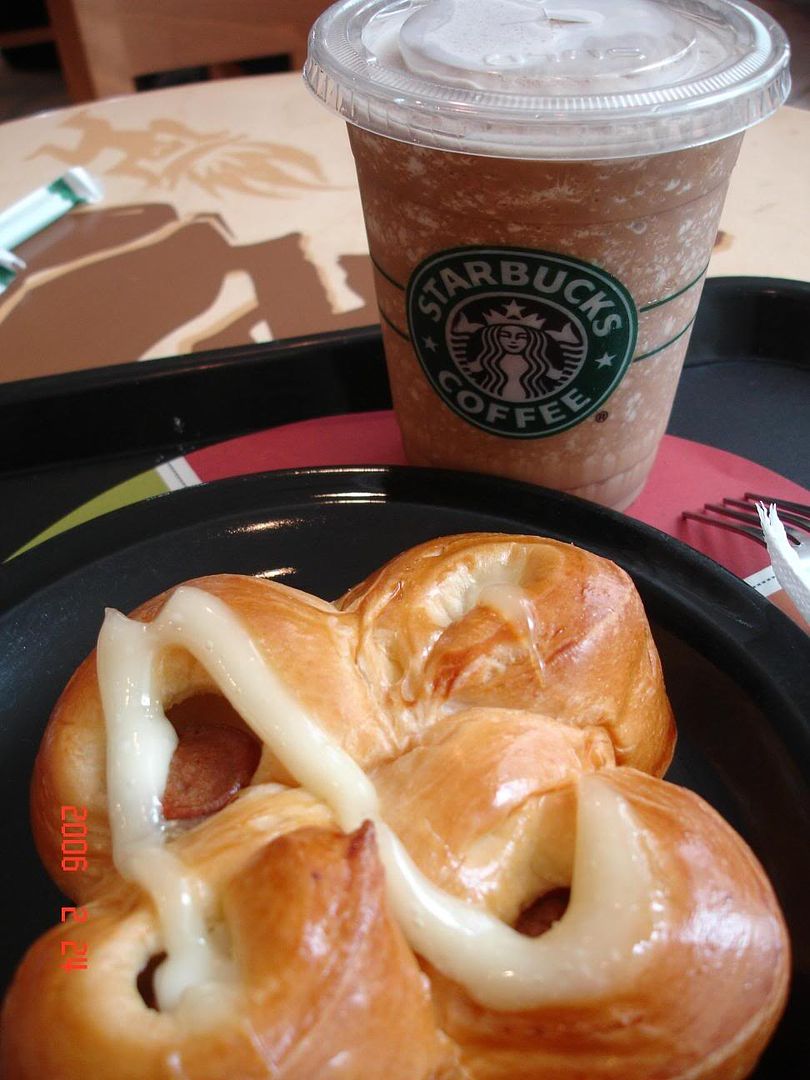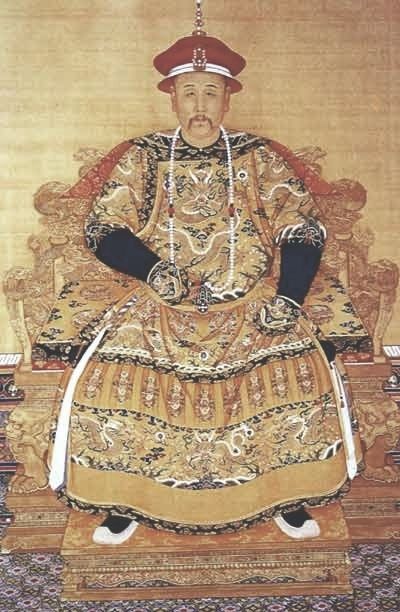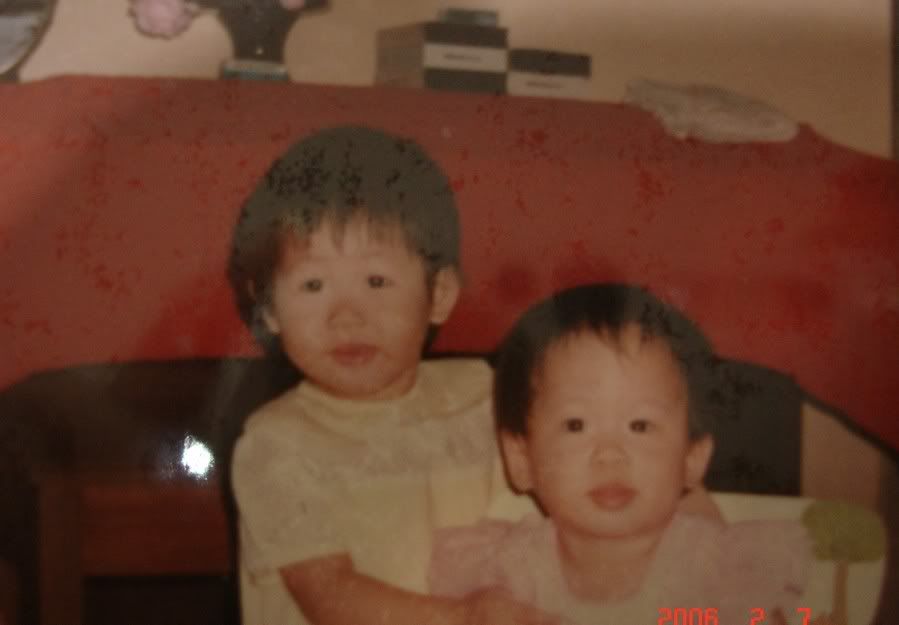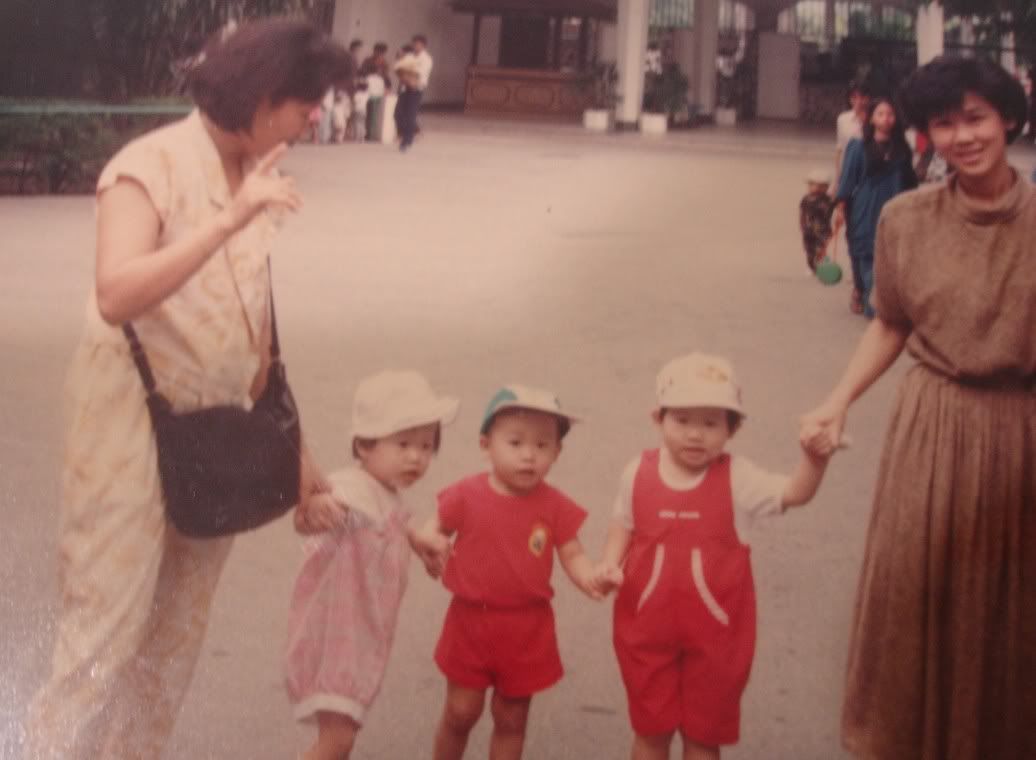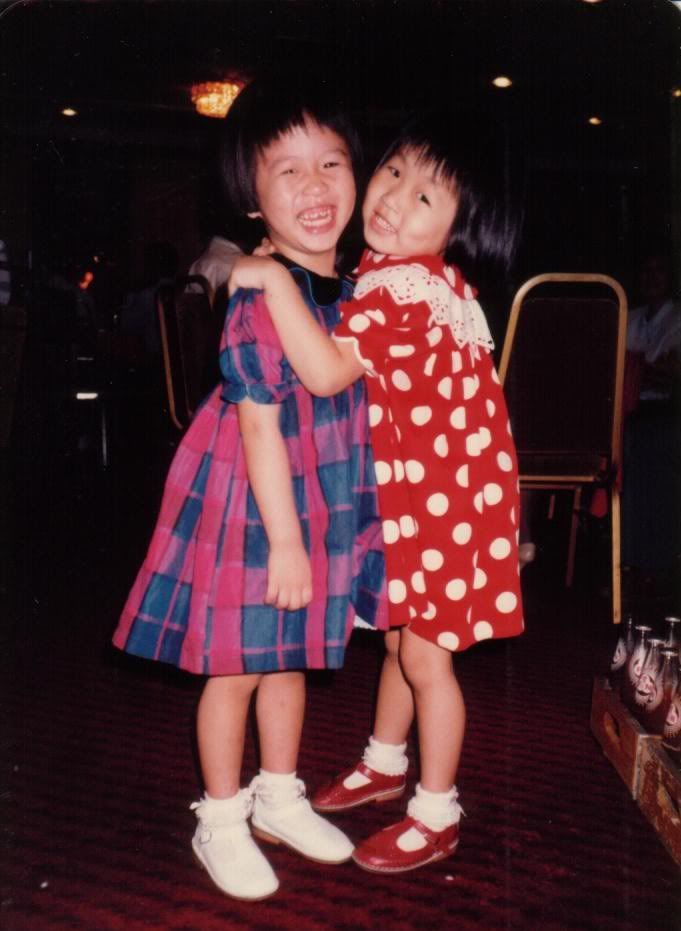by Wang Lee Hom
XING YI JI HUA QU, Taipei’s hottest new development area, is a vibrant picture of hip, young Taiwanese social life. Warner Village, its central complex, is a trendy place to meet up with friends for a meal, movie, shopping or clubbing.
It was January 2005. I had just released my “Shangri-la” album, and was looking forward to enjoy an evening alone to internally celebrate having completed such an arduous album production.
What better place to feel alone than amidst the bustling Taipei nightlife? Subconsciously, I might have related the peaceful loneliness of being on stage in front of thousands of people to that night’s dinner plans. I decided to make a beeline for Warner’s colorful “Neo 19” building.
Upon entering, my ears immediately latched onto the catchy harp introduction of Britney Spears’s “Every time” pumping into the gargantuan main room. One of her few songs that I actually like, this ballad’s arrangement created the exhilarating illusion of the restaurant’s lofty ceiling being somewhere beyond the stratosphere. I have a penchant for high ceiling, cloudless skies and astronomy. I liked the place.
By conditioned response, I sat myself down in a non-conspicuous corner, but was soon surrounded by a host of smiling waiters with paper coasters to be autographed. So began my mini-autographing session before even seeing a menu…sigh. While obliging as legibly as possible over the coasters’ green “Heineken” logos, I silently asked myself, “should I be signing THESE?” My thoughts were interrupted by the back of a cellular phone shoved in front of my down-turned gaze. “Mr. Wang, can you please sign this for me?” I looked up to see a slightly older, bespectacled restaurant manager. “Sure,” I said as I wrote my name over his phone’s removable battery. “But…”, I began and then stopped.
I didn’t want to come across as arrogant or stingy, but staring at the stack of coaster to be signed, combined with the fact that the manager himself was standing in front of me, my words just came out! I swallowed and continued, “I just released my new album…and you play music (loudly) in your restaurant,” I was feeling awkward already, but I thought after signing so many autographs it was a fair request. “Could you play my new album here, sometimes?” The manager quickly made a wincing expression, and answered in an awkwardly polite way, that to me was no less caustic than a slap in the face.
“Sorry Mr. Wang, our rules are that we can only play English songs here.”
The restaurant manager’s words reverberate in my mind to this day like a gunshot. I’d been hit in the chest and was stunned. “What?” I thought, incredulously. “What kind of rule is that? We’re in Taiwan and you can’t play Chinese songs?” My first emotion was anger. As a musician who has dedicated so much of his life to Chinese music, I was feeling personally attacked. But looking up at the bespectacled restaurant manager, I realized he meant no harm, and it wasn’t his fault. In an effort to make the Warner Village so cool, so hip, so international, they had actually set up rules to follow. Rules, in my ears, that are sadly disillusioned.
I can understand if a Mexican restaurant wants to play only Mexican music to stay consistent with its décor, or a Japanese pub’s theme is to play J-pop music videos in the store. I respect and applaud those creative decisions. But if these establishments in Taiwan, in order to make themselves make more “international”, embrace the prejudice that Chinese music is “too local” for their image, this is not only ludicrous, but also detrimental to the development of our popular culture, and its overall self-esteem.
These rules (decreed, or unspoken) are accepted in many Taiwanese establishments that are trying to be “international”. It’s so ironic that Americans, many of whom know nothing of Chinese, Japanese or Korean culture, (they’ve never even heard of British pop stars like Robbie Williams, Blue or Craig David, who sing in English!), have little or no exposure to international radio, television, movies and print media, are the ones we often look up to as being “international”. The truth of the matter is, Chinese people are in many ways more “international” than the US, and more in touch with the goings on of other countries worldwide.
Chinese establishments should feel proud to play the music of local artists. Now more than ever, we should embrace our own culture, and work hard to take it to a more internationally competitive level. As a musician, this is one of my paramount goals. I know it can be done if we take pride in our work, and in ourselves.
Be proud to be Chinese. No one else has what we’ve got.
source: LEEHOM Shangri-la: Piano and Vocal Score
The reason I had chosen this article to post in my blog is because of the paragraph I highlighted. I seriously agreed with what Lee Hom wrote in the last paragraph. ‘Be proud to be Chinese.’ I often find some Chinese look down on own culture, religion, language and even themselves. A few days ago, I received a silly message from a friend, who is a Malaysian Chinese. She said: “When you go to UK to study, remember NOT to mix with people from China, Hong Kong or Malaysian Chinese. Only those local Chinese or British can help you when you are in trouble.” I strongly disagree with her statement but I had chosen not to answer her as she always good in debating and I don’t want to fight with her on this matter. I can only describe what she said in a word: RIDICULOUS. I had seen some Chinese student organization or Malaysian student association in foreign university. They seem to be so united and cordial to each other. Do you believe that they won’t help each other when someone in trouble? I believe that helping each other is the only way to survive in a foreign and unfamiliar place. Especially when you feel lonely and home sick, then the people with similar background and culture will be the best person to give you strength and courage to face the challenges.
Have you ever met a new friend with the same race as you but you don’t know what language you should choose to speak to him? I shall tell you that I have met a lot of people who don’t know their own language. Then, English had become the first language of conversation between us. By the way, as both of us are Chinese and our ancestors are from China, why can’t we communicate by using our own language? They may tell you ‘no’, including all sorts of reason when you ask them do they know Mandarin. The conclusion can be made from the reasons is ‘Chinese Language is not important’. I don’t mean that Chinese Language must be the language of conversation between Chinese and I understand that there are some difficulties to learn Chinese Language in the areas out of China. Perhaps, environment is the factor that restrained them from learning how to write but they should be able to listen and understand Chinese Language, at least. It’s sad to know that they don’t think it’s a need for them to understand.
Chinese have a great history of 5000 years and yet we are working hard to create a greater future. We should be proud of ourselves! I would like to quote a few sentences from the article: ‘Now more than ever, we should embrace our own culture, and work hard to take it to a more internationally competitive level.’ ‘It can be done if we take pride in our work, and in ourselves.’
‘Be proud to be Chinese.’
我们要为自己是华人而感到自豪!
* I would like to apologize if any of my opinions hurts your feeling.

